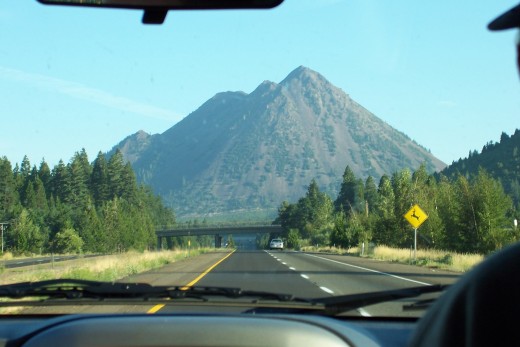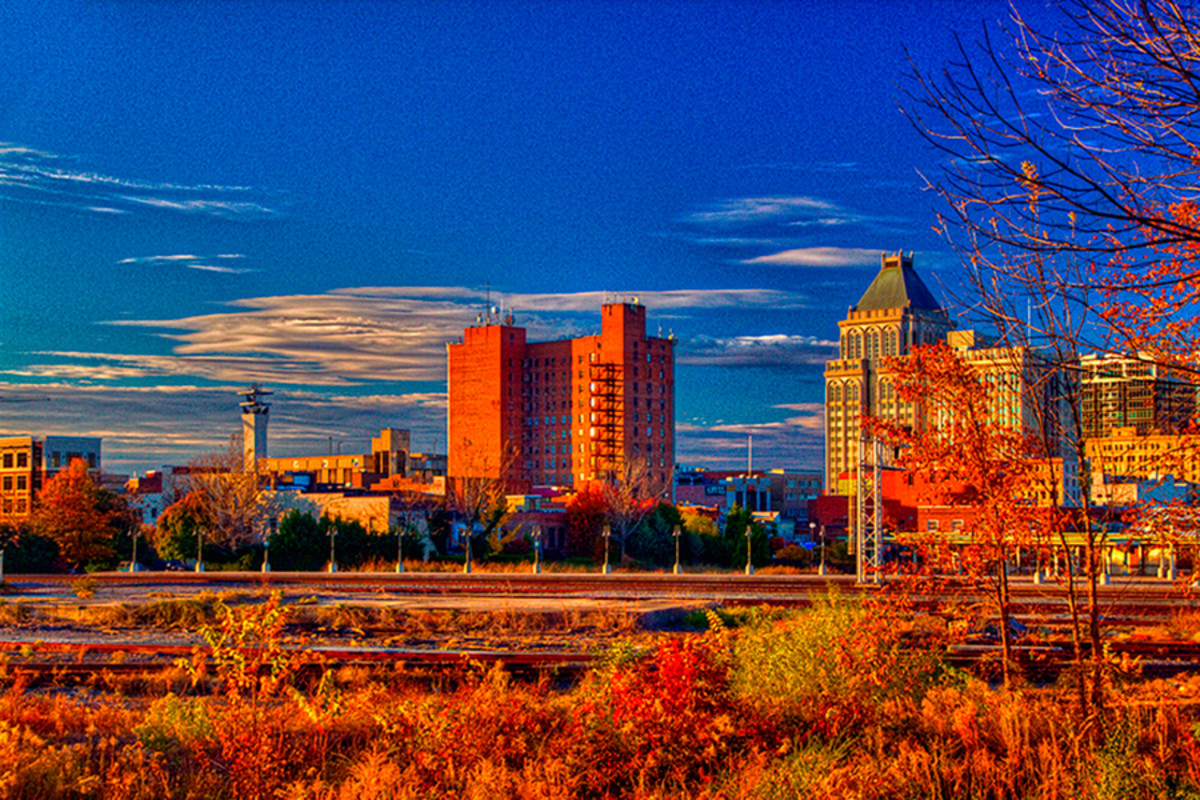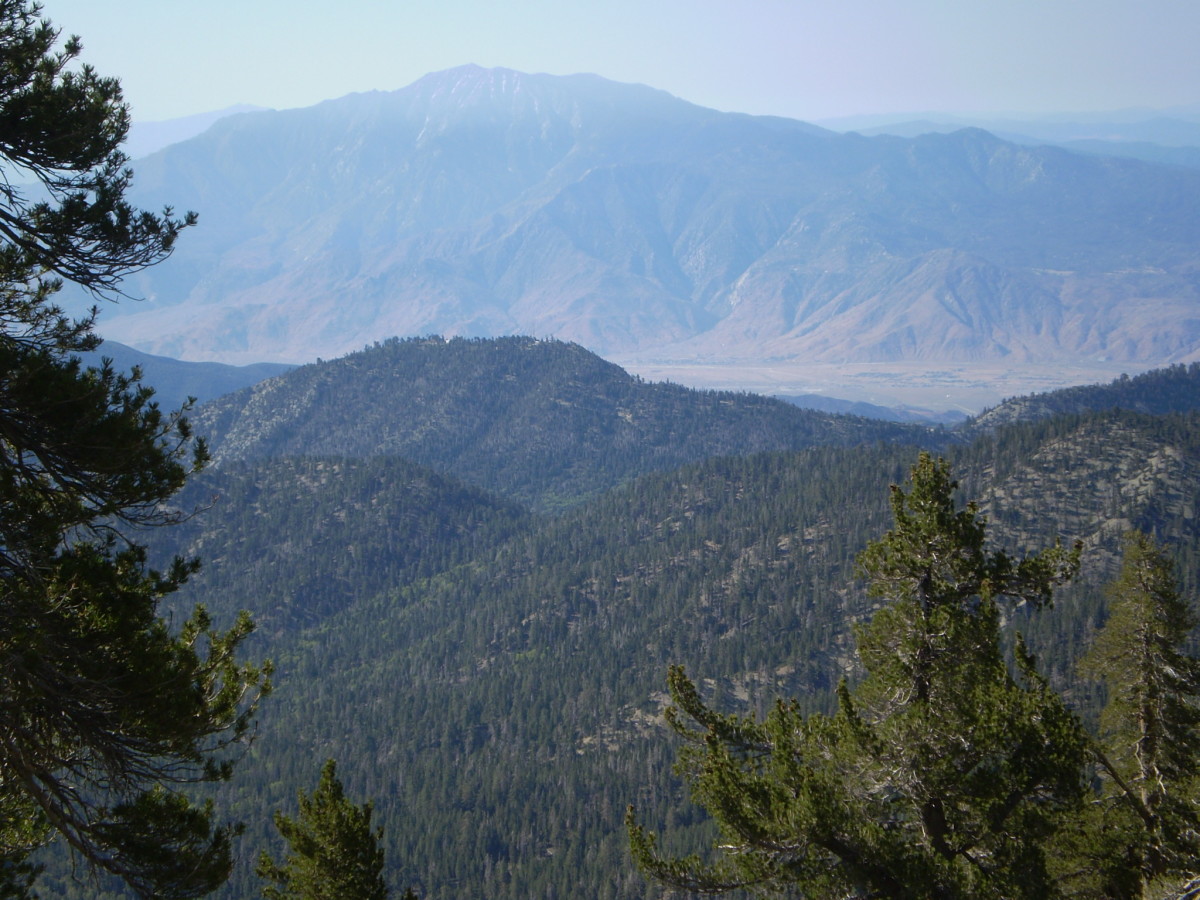Some Lesser Known Tips for the Long Distance Move
Location, location, location - What you should know
So, you've just gotten that job transfer to another city. Or you want a change of scenery. Or maybe you're just tired of snow, heat, humidity, too much sun, too much cloudy weather, or too much or too little of something else. In any event, you're committed to a long distance move.
The biggest change in all this is the new location. And, while the cost of housing and the job picture are major factors to consider, there are other things to consider as well.
Perhaps the biggest thing is the weather and natural elements of the new location. This won't matter as much if the move is, say, Los Angeles to San Diego, or, New York City to Philadelphia. But if you're moving from Chicago to Miami, or Los Angeles to Portland, OR, there will be major differences.
We all know how many people from the Northeast and Midwest have moved to the Gulf Coast states and the Southwest, especially Florida, Texas, Arizona, and Southern California, many to escape the cold snowy winters. Many were inspired by one or both of two things. A winter trip that they took to one of these places, where they had left 10 degree weather to encounter 70 or 80 degree weather upon arrival, despite it being December or January.
And the second thing is when, like so many of us, we watch the Tournament of Roses Parade in Pasadena, CA on New Year's Day. Having lived in Southern California for over 40 years before moving to the Portland, Oregon area, I can tell you that I can count the number of New Year's Days that weren't clear, sunny and smog free with outstanding visibility, on one hand with fingers to spare. The clarity of the mountains, no snow, people sometimes in their shirtsleeves, and the announcers praising the day's beauty, along with the panning cameras, could not advertise the virtues of Southern California's winter climate to snowbound audiences any better.
So, after that winter trip down south, or seeing the parade on TV, many decide to make the move. But they forget to do one thing that can give them a better idea of the whole picture. That is, to go down there in the summer, when the heat is really on! Also, in the case of Southern California, how the lay of the land affects temperatures, especially in summer.
That 70 degree day you found in Phoenix or Miami in January will become a 110 degree July day in Phoenix, or a 90 degree July day with stifling wet humidity in Miami! And Southern California? If you're on the coast, like at the Santa Monica Pier, it may be a comfortable 70 degrees. But go as little as a mile inland and it can be 80 . Hollywood may be at 85 , and Woodland Hills in the San Fernando Valley may be 95 on that same day ! And sometimes, during fire season, there may be a lot of smoky haze in some years. And of course, the smog, while not as bad as it was in the 1940's through the late 1970's, can still be bad at times.
If at all possible, visit the new location during the time when it will have the weather that you feel you would have the toughest time getting used to.
Another factor to consider is the amount of daylight hours in different seasons. Spring and Fall won't matter much, but, the further from the equator a location is, the greater the variation in the length of daylight in winter and summer. Some people in northerly latitudes get depressed during winter because the days are so short. Conversely, in summer, these northerly latitudes have very long days. In the Portland area, in June, the sun is still shining at 8:30pm, and there is still some light in the sky at 10pm. In Winter, it is just about dark by 5pm. In Los Angeles, in June, the sun has set by 7:30pm and it is completely dark by 9pm. In Winter, it's not dark until 6pm.
Another thing to consider is scenery itself. When I lived in Southern California, I often heard people who were from back east or the Midwest lament upon how few trees in Southern California changed color in the fall. Someone from Southern California who moves up to a northern location, be it Portland, OR, Des Moines, Chicago, or New York might find the mounds of fall leaves on the ground to be an unexpected nuisance.
Then, there is the 'lay of the land'. That is, how is the whole area laid out? Where are the neighborhoods that you would consider? Are things like stores easily accessible? What are traffic patterns like? How easy is parking? Is public transportation easily accessible? Is the area you want to live in within easy reach of your workplace or amenities?
The apartment that looks great to you when you did research online may be in a part of town where there is only one major way to get to your workplace which can mean a very long crowded commute. Again, another reason to visit the new location.
Then, there is the economy. And not only the job market in the new location, which is important, but what you may have to do to move there. If you need to ship your belongings, or rent a truck, these will add to your expenses. The truck that would cost $20 for a move across town might cost $1,200 if you're moving to another state! And, if you're driving, you may have to make several trips to move all your things.
Then, of course, in addition to the job market, you should consider taxes, fees, and the cost of living at the new location. The cost of registering a car can vary greatly from state to state, as can the price of housing. Some states have no sales tax or no state income tax. Some cities and counties impose income taxes on top of those imposed by the state and the federal government. And of course, gas prices can vary greatly as well.
In 2004, I had the chance to move from the Los Angeles area to the Portland, OR area. I'd been in Portland on a vacation the summer before and liked what I saw. So, I did a lot of research online, first. I found out where the stores and amenities I liked were, and even found a great looking apartment complex.
Now, even though one of my reasons for moving was to get away from the heat in Southern California, I knew that, while I wanted a colder winter, I'd never lived in one . And, I knew that if I could handle an L.A. summer, I could handle a Portland summer. So winter would be the big test for me. So, I took a trip to Portland in January, just after they'd had a major winter storm. And I stayed for two weeks.
Try to stay at least two weeks if at all possible. I found that even two weeks was not enough to get detailed knowledge of a lot of things, but it gave me enough to make informed decisions.
A tip here, when making motel or hotel reservations for a trip of a week or more, ask for weekly rates . These are usually cheaper than nightly rates.
And remember, this is not really a vacation, so don't just visit the tourist attractions! You will be living and working here, which, in my experience, is a lot different from being on vacation. Besides, if this is a move you want, rather than one you need to make, it should be fun 'trying out' the new city or town and looking at apartments or houses. I know it was for me.
Anyway, despite all the research that I did, I learned more about Portland and the surrounding area during my stay, than I could have doing all the online research in the world! I searched apartments, asked about neighborhoods, took public transit on numerous occasions, went to a job fair, and even did a little sightseeing. By the way, the staff at the hotel that I stayed in were very helpful, especially when I asked about the different neighborhoods and what they were like.
Oh, and by the way, that great apartment complex I'd found online ? It didn't make the cut. It was too close to the freeway, the prospective manager was quite rigid, and the possible commute to work was by way of the most crowded freeway in the area, among other things. Instead, I found a very nice apartment on the other side of town. So again, it really pays to take a preliminary trip to the new location if possible!
Now I know, there's the question of, 'What if this is a mandatory job transfer, where I have no choice in the new city or town I have to move to?'
Even so, try to take a trip there before the move if possible, and if your employer offers to pay for such a trip, do accept ! You may have no choice as to the city or town, but you can still find out where in the new place you would want to live, and you can still see what the new place is like, so it won't be as much of a shock when you actually move there and start working in your new position.
So, if you're planning a long distance move, consider these things, take a preliminary trip there if possible, then make your move.
Good Luck!
Alan S.
On the way!

What makes people move long distance?
If you made a long distance move, what made you do it?
- Road, Travel, and Financial Services - AAA
In addition to maps and emergency road service, AAA can assist with travel and lodging; auto buying, leasing, renting, and repair, loans and credit cards, and insurance needs - U-Haul: Your moving and self storage resource for truck rentals, trailers, self storage facilities,
U-Haul is the choice for truck and trailer rentals, self storage and mini storage, boxes packing and moving supplies, hitch sales and installation, and online self-storage and truck rental reservations - USA city, community mottos, nicknames, slogans
- City Guides | Travel | guardian.co.uk
- Top 10 American Cities for Young Adult Professionals (Best Cities, Part II)
- Top 10 Most Dangerous American Cities
- Top 10 American Cities Mid-Career Professionals (Best Cities, Part III)
- Top 10 American Cities for Retirement Jobs (Best Cities, Part IV)
- 3 of the Best Cities to Live in the Southern USA








